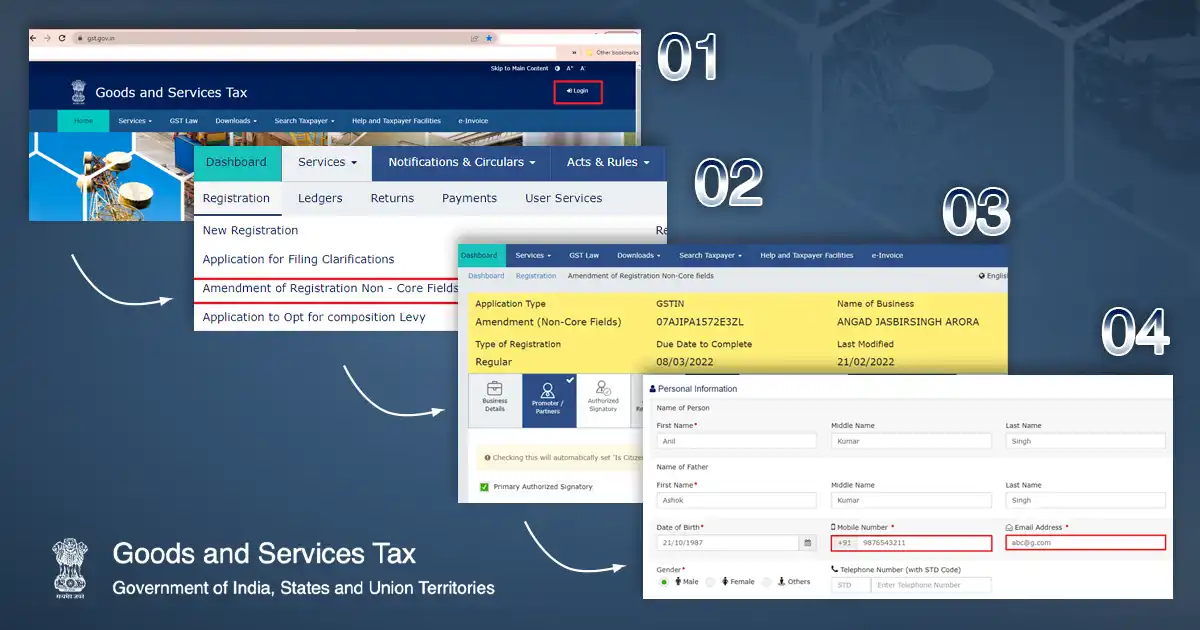
Introduction
Settlors relinquish primary control of trust property to beneficiaries, which also results in a transfer of ownership. The destiny of the resolute owners is quiet and passive, much like that of the Trust’s property and other finances. This article addresses the legal analysis of the trust property by showing how ownership of the trust inverts the relationship between the owner and the owned.
What is meant by “trust property”?
Trust property is frequently defined as the assets used to carry out a fiduciary function between a trustee and a trustor towards a designated beneficiary allotted in line with the Deed. Moreover, trust property should include any item that can be in kind, including cash, stocks, real estate, and insurance term plans. Trust property is also known as the corpus of the trust or trust assets.
Usually, the trust property is utilised as part of a real estate planning strategy to promote the transfer of assets and responsibilities and to reduce taxes. In the event of a trial or bankruptcy, certain trusts can protect assets. In this scenario, the trustee is responsible for supervising and managing the trust assets in line with the goals of the trustor and the interests of the beneficiary.
After the assets are transferred to the Trust, the Trust itself will be the rightful owner. An irreversible trust prevents the previous owner or the trustor from controlling or recovering the assets.
Consequences of keeping business property revenue in a “charitable trust” as opposed to the income shown in the account under Section 11(4)
- Claims are made against those properties after they have been held in trust and utilised for other business purposes. Therefore, any gains from such an attempt will not be included in the total revenue of the Trust. It may provide the Assessing Officer the power to determine that the undertaker’s revenue exceeds what is reported in the accounts. As a result, these profits will be perceived as having been utilised for objectives other than charitable or religious efforts.
- It could hold that a business should not tamper with any trust or institution’s revenue unless it is a subsidiary of the aims. In relation to the aforementioned, the trust or organisation should maintain separate books of accounts for various accomplishments.
- If the property is secured under trust, used partially for religious reasons and partially for other purposes, and each beneficiary’s portion of the income that can be used for non-charitable purposes varies, the total tax that must be paid is as follows:
- Situation 1: The amount entitled to section 11 exemption is subtracted from the tax component of income used for religious or charitable purposes, just as if the entire revenue were the Trust’s total income; and
- Situation 2: If taxes on other income components that are related to non-charitable or non-religious purposes and affect beneficiaries’ shares are obviously unclear, the charges will be at the highest marginal tax rate.
What is the legal standing of trusts used to transfer property?
- Value in the Market
The decision in the case of Venugopala Naidu & Ors v. Venkatarayalu Naidu Charities & ors states that the only people who can consider the market value of any trust property when deciding whether to sell it are the trustees and the courts.
- Comprehensive protection
In a similar vein, the court upheld its ruling in Chenchu Ram Reddy & Anor v. Government of Andhra Pradesh &Ors. It concluded that as many members of the society have profitable interests in properties under charity domains or trusts, those properties must be properly preserved.
- Independent Sales
Furthermore, private talks and intimations will not be allowed for any sale. Nevertheless, unless there are special circumstances or permissions granted to support them, negotiations that are not visible to the general public should not be allowed.
- Public Sale
According to the Supreme Court’s ruling in the Committee of Management of Pachaiyappa’s Trust v. Official Trustee of Madras & Others case, any action pertaining to the leasing of a trust property would be subject to a high court judge’s decision and should only be carried out through a public auction.
One way for people to submit offers is through a public auction. Courts and trustees have an obligation to maximise a transaction’s benefits for the trust. Following enough advertising, a public auction guarantees the greatest price and the involvement of those who are interested and eager to participate.
- Reasonable and Equitable
In the case mentioned above, the question of whether the conditions of a charity or religious property disposal are fair and reasonable was openly discussed. Only a comparative evaluation of rival bids will determine the Trust’s interest.
What are the Pros to Put the Property in a Trust/Charitable Institution?
Before valuing your property transfers in a trust, you should be aware of the following protections:
- Avoid the Probate Process
It is widely believed that most people are unaware that if you leave property in a will, your family would have to go through the probate procedure. They will no longer have the authority to legally claim the property. After someone passes away, the court oversees the process of gathering their assets, paying out all of their debts and taxes, and allocating the remaining property to the beneficiaries.
Your family will have to locate lawyers in each state to handle the various probate laws if the properties are located in multiple states. It must be a more expensive procedure. As a result, it is preferable to specify who will inherit your assets, and your family will never have to go through the probate procedure.
- Absence of Probate or Attorney Fees
The cost of hiring many lawyers and the time commitment of travelling back and forth for certain court dates is quite high. The receivers of your property must go through probate and pay probate expenses, which can amount to up to 3% of the value of your assets, even if you hire an accountant and leave your property in a will. With the Trust, things are different.
- Reduced Liability
A trust is known as everlasting succession because it never dies. As such, it is exempt from capital gains tax (CGT), executor’s or conveyance costs, estate duty, and transfer duty. According to the law, these may otherwise occur upon the death of a property owner.
- Protection
A property is shielded from creditors when it is registered in a trust as it is not covered by your individual or personal estate laws.
- Transfers’ method of departure
Your Trust Property will not be impacted by the owner’s passing if it is registered there. It should not be necessary to transfer the property into the names of your heirs or family members if they are beneficiaries of the trust.
- Comparative Costs
The trust receives all revenue from its property, and its account also handles investments and any costs like upkeep, repairs, water, and rate payments.
- Diminished Exposure to Duty
Your estate duty exposure is immediately lowered if your property is registered in a trust rather than in your name, as this indicates that the value of your estate has decreased.
- The Beneficiaries’ Tax
The relevant legislation also make it clear that, in accordance with the 2024 Budget, a trust is subject to the highest marginal rate of 45% in taxes. Additionally, in order to reduce the tax status, trustees are permitted to distribute rental revenues to beneficiaries in a categorical manner. In the end, the beneficiaries will then refund the tax at the marginal rate.
What Benefits Come with Keeping Your Property in Your Name?
- For future possibilities, it is preferable to purchase an investment property in your name because the trust is subject to taxes. Losses from your real estate investment may occur at first, but you may write them off against your taxable income.
- Acquiring a property vested in your name signifies that you possess a personal asset. After the property has been paid down and you have more equity in it, it will undoubtedly assist you obtain better financial circumstances.
- Having a property vested in your name will assist you in forming the components of your estate. With the exception of attorney expenses, it can transfer the property to an heir, such as your spouse or children, without incurring transfer duties.
- A benefit that you would not receive under a trust is the exemption from capital gains tax up to Rs 4 million in 2024 that comes with owning a property vested in your name.
- Applying for bond financing will be easier if you have a property vested in your name. As a result, you will be eligible for a 100% home loan without any restrictions.



